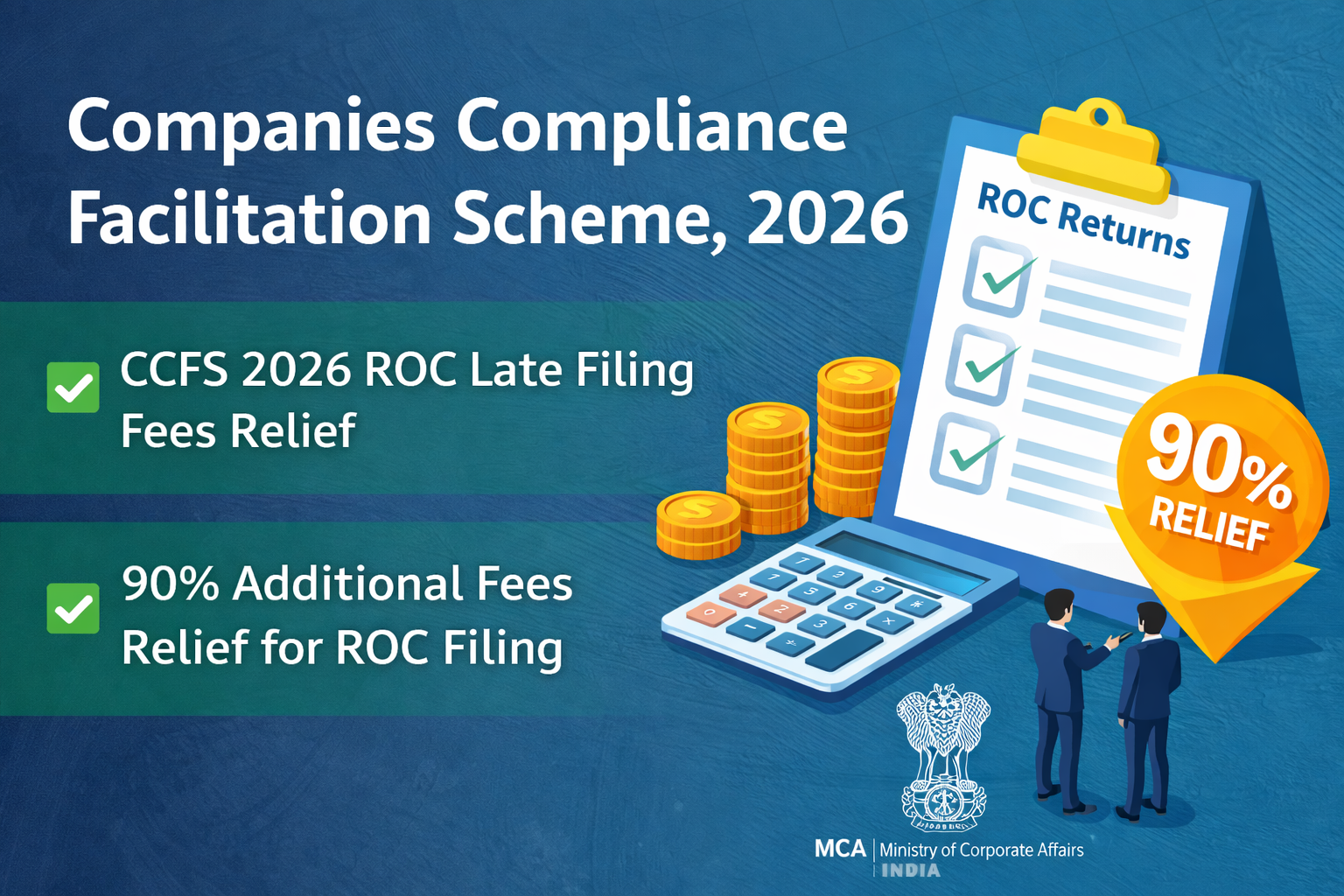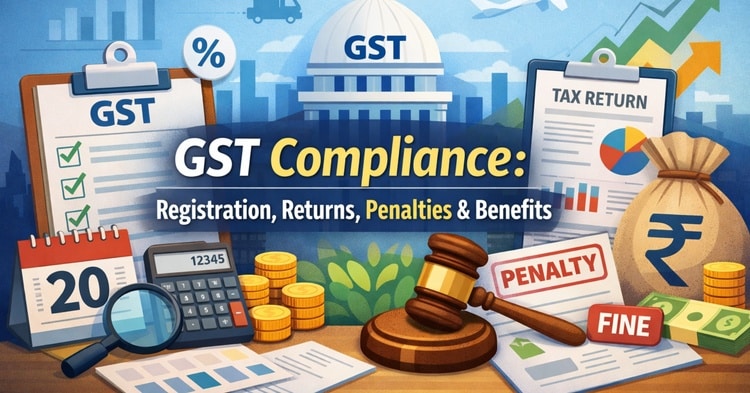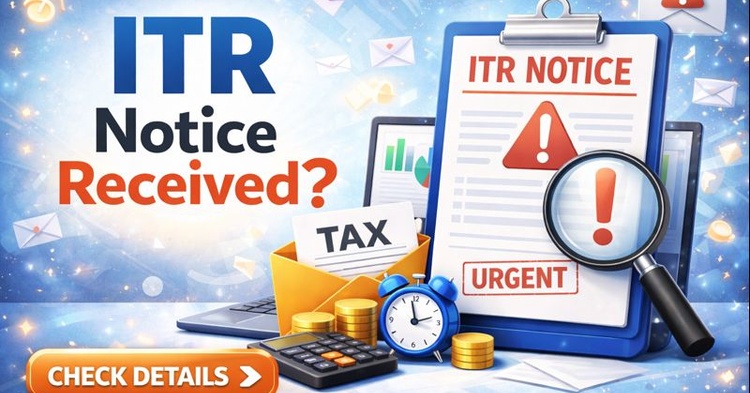Table of Contents
ToggleIntroduction to Business Structures in India
When starting a business, choosing the right legal structure is a critical step. Among the most popular options for solo entrepreneurs are Sole Proprietorship and One Person Company (OPC). These structures are both tailored for individuals, yet they differ significantly in terms of liability, tax benefits, registration requirements, and legal standing.
This guide will unpack the difference between sole proprietorship and one person company, giving you the clarity needed to make an informed decision for your entrepreneurial journey.t
"Every dream can start solo, but choosing the right structure defines success — Sole Proprietorship or One Person Company, the choice is yours."
What is a Sole Proprietorship?
A sole proprietorship is the simplest form of business structure. It is owned, managed, and controlled by a single person. There is no legal distinction between the owner of the proprietorship and the business.
Key Characteristics:
- No formal registration is required (except basic local permits).
- The owner is the business.
- Profits and losses are reported in the individual’s personal income tax return (ITR).
Common Examples:
- Freelancers
- Independent consultants
- Local retail shop owners
It’s ideal for low-risk small businesses and those testing their business idea before scaling.
What is a One Person Company (OPC)?
A One Person Company (OPC) is a relatively newer concept in India, introduced by the Companies Act of 2013. It allows a single individual to enjoy the benefits of a company structure while retaining full control.
Key Characteristics:
- Requires registration with the Ministry of Corporate Affairs (MCA).
- Separate legal entity from the owner.
- The owner has limited liability.
Eligibility Criteria:
- Must be an Indian citizen, whether residing in India or outside India.
- Only one OPC per person is allowed.
This model blends the flexibility of a sole proprietorship with the protection of limited liability.
Legal Status and Recognition
| Feature | Sole Proprietorship | One Person Company |
|---|---|---|
| Legal Entity | Not separate | Separate legal entity |
| Recognition | Not legally recognized | Recognized under Companies Act 2013 |
| Registration | Optional/local licenses only | Mandatory MCA registration |
Ownership and Control
In both models, ownership and control rest with one individual. However, an OPC must nominate a successor director, ensuring continuity in case the owner is incapacitated or dies—something a sole proprietorship lacks.
Liability of the Owner
- Sole Proprietorship: Owner is personally liable for all business liabilities and obligations.
- OPC: Liability is limited to the capital invested; personal assets are protected.
This makes OPC more secure in legal and financial matters.
Capital and Funding Options
Raising funds in a sole proprietorship is generally limited to personal savings and small loans. Banks and investors may view this model as high-risk.
In contrast, OPCs, being registered companies, are more credible and have better chances of securing institutional loans and grants.
Compliance and Regulatory Requirements
Sole proprietorships enjoy minimal compliance—just basic bookkeeping and local tax filings.
OPCs, however, must:
- File annual returns with the Registrar of Companies (ROC)
- Conduct board meetings
- Maintain statutory records
The trade-off for limited liability is increased paperwork.
Taxation Differences
- Sole Proprietorship: Income is taxed as personal income. Tax slabs are applicable.
- OPC: Taxed as a private limited company (22% corporate tax plus surcharge and cess).
While OPCs can claim company-specific deductions, sole proprietors enjoy personal tax deductions.
Transferability of Ownership
OPC allows easier ownership transfer by selling shares. Sole proprietorships are difficult to transfer because the business is linked with the PAN of the individual.
Suitability for Business Types
- Sole Proprietorship: Ideal for freelancers, small traders, and lifestyle businesses.
- OPC: Best for startups, small manufacturers, and service providers aiming to scale.
Benefits of Sole Proprietorship
- Easy to set up and dissolve
- Minimal compliance
- Full control over decisions
- No sharing of profits
Benefits of One Person Company (OPC)
- Limited liability protection
- Better credibility and image
- Continued existence even after owner’s death
- Structured management
Drawbacks of Sole Proprietorship
- Unlimited liability
- Limited capital access
- No business continuity after the owner’s death
Drawbacks of One Person Company (OPC)
- Higher compliance costs
- Cannot convert to another OPC
- Limited to one member
Key Differences at a Glance (Comparison Table)

Expert Advice: Choosing the Right Structure for You
If you’re starting small with limited capital and risk, a sole proprietorship might be perfect. But if you’re eyeing growth, credibility, and long-term sustainability, then registering an OPC is the wiser route.
Conclusion
The difference between sole proprietorship and one person company lies mainly in their structure, liability, and compliance. Each has its pros and cons depending on your business goals, scale, and risk appetite.
Whether you choose the simplicity of a sole proprietorship or the structured growth potential of an OPC, ensure it aligns with your long-term vision.
1 Can a sole proprietorship be converted into an OPC?
Yes, but it involves formal registration and meeting compliance criteria.
2 Which has more credibility—sole proprietorship or OPC?
OPC, due to legal structure and recognition.
3 Is it mandatory to audit accounts for a sole proprietorship?
No, unless turnover crosses certain thresholds.
4 Can an NRI open an OPC in India?
Yes, any Indian citizens residing in India or outside India are eligible.
5 What are the annual compliance costs for OPC?
Annual compliance starts from approximately ₹15,000–₹25,000 annually.
6 Which is better for taxation purposes?
Depends on income. Low-income earners may benefit from sole proprietorship; higher-income businesses might find OPC more tax-efficient.

CharteredHelp is a team of experienced professionals providing tax, accounting, auditing, and compliance services for businesses and individuals. With over 10+ years of experience, we assist clients with GST registration and filings, income tax returns, company registration, trademark services, accounting, auditing, and handling tax notices. Our focus is on providing practical, reliable, and timely support to help clients stay compliant and grow their businesses with confidence.








